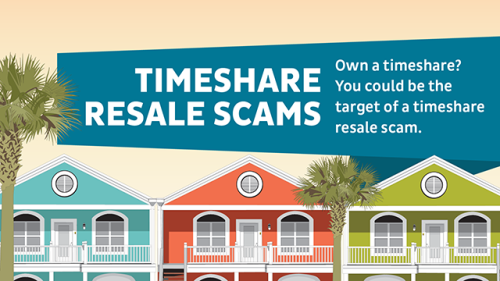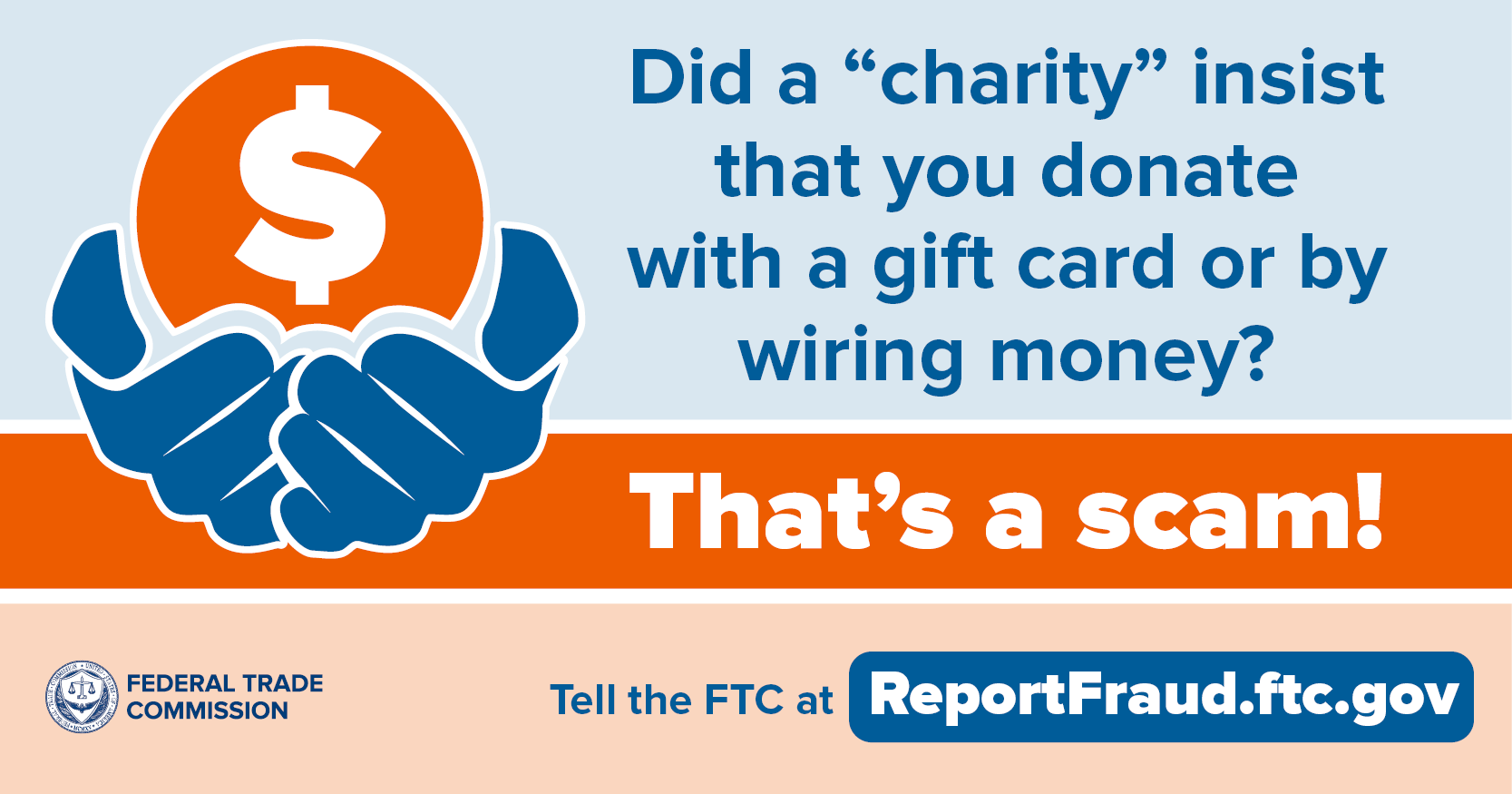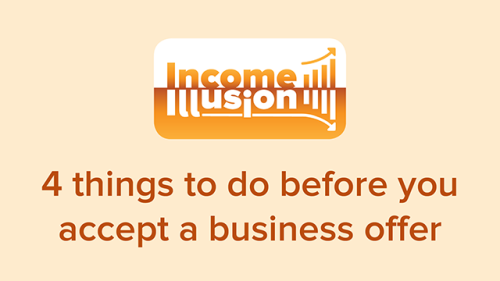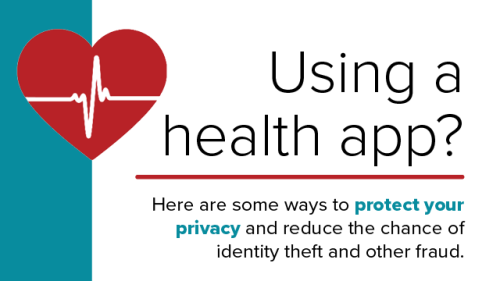Timeshare Resale Scams Infographic

Own a timeshare? You could be the target of a timeshare resale scam.
FTC infographics are in the public domain. Please use and share them freely!

Own a timeshare? You could be the target of a timeshare resale scam.

When you decide to support a cause you care about, you want your donation to count. Here are tips to help you plan your donation – and avoid scams.

4 things to do before you accept a business offer

Are you wondering what to keep and what to shred? We looked at experts’ advice and compiled this summary of how long they recommend keeping certain documents.

In September of 2017, Equifax announced a data breach that exposed the personal information
of 147 million people. As part of a settlement, Equifax agreed to spend up to $425 million to help people affected by the data breach.

What to consider before replacing your home’s windows and factors that could affect your energy savings.

Using a health app? Here are some ways to protect your privacy and reduce the chance of identity theft and other fraud.